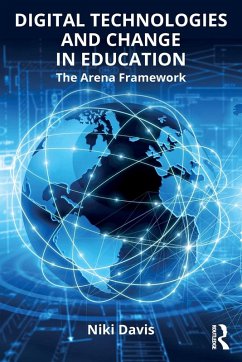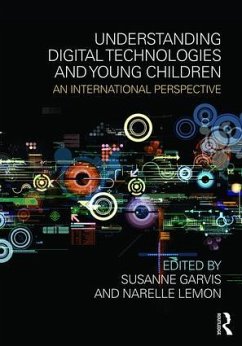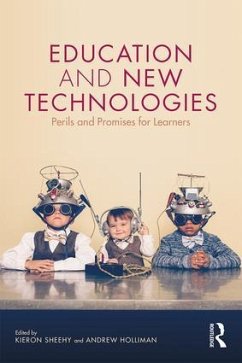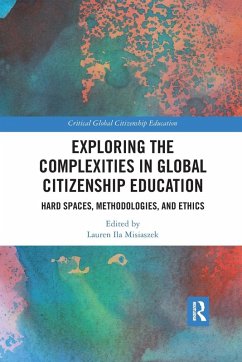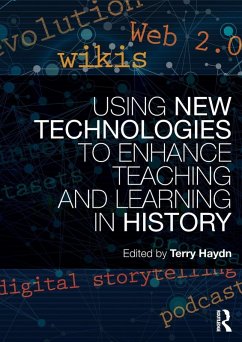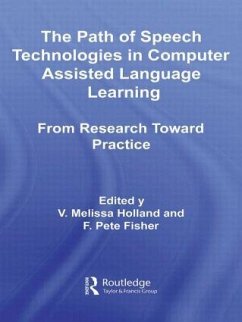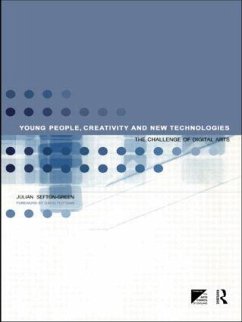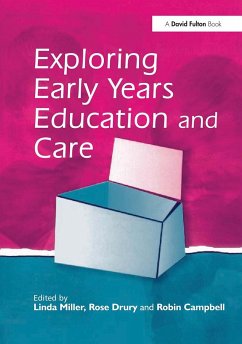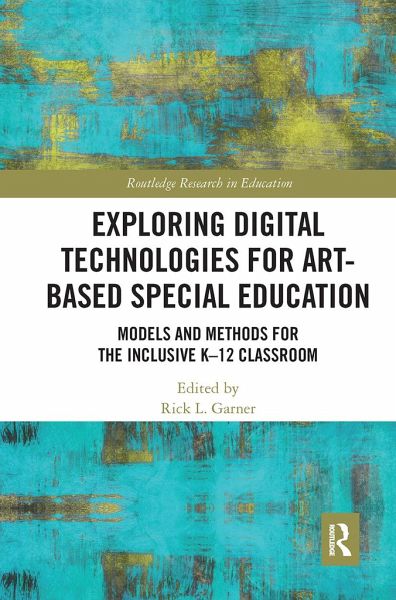
Exploring Digital Technologies for Art-Based Special Education
Models and Methods for the Inclusive K-12 Classroom
Herausgeber: Garner, Rick L.
Versandkostenfrei!
Versandfertig in 1-2 Wochen
53,99 €
inkl. MwSt.

PAYBACK Punkte
27 °P sammeln!
Exploring Digital Technologies for Art-Based Special Education details the use of digital technologies for inclusive art education, and showcases strategies for implementing arts-oriented technologies in primary- and secondary-level special education classrooms. Readers of the book will be presented with up-to-date research on this emerging topic, including chapters on the relation between pedagogical strategies and technological tools, digital animation and inclusivity, and accessibility in the 'flipped' art classroom. With contributions from a range of disciplinary angles-including art educa...
Exploring Digital Technologies for Art-Based Special Education details the use of digital technologies for inclusive art education, and showcases strategies for implementing arts-oriented technologies in primary- and secondary-level special education classrooms. Readers of the book will be presented with up-to-date research on this emerging topic, including chapters on the relation between pedagogical strategies and technological tools, digital animation and inclusivity, and accessibility in the 'flipped' art classroom. With contributions from a range of disciplinary angles-including art education, special education, educational philosophy, and educational technology-this book will cover a variety of digital tools for teaching art to students with disabilities, as well as the theoretical underpinnings specific to this interdisciplinary area of education research.





